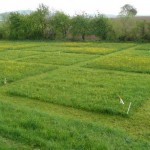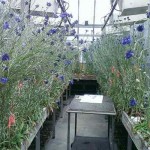Every Summer Semester, Ecotox Master students do a 2-month internship or AMEO (Applied Module at an External Organization). Today, Adetola Adebowale tells us about his AMEO experience in the Invertebrate and Residue Field Studies department at RIFCON GmbH in Hirschberg.
Continue readingAMEO at RIFCON – Adetola Adebowale (2025)






